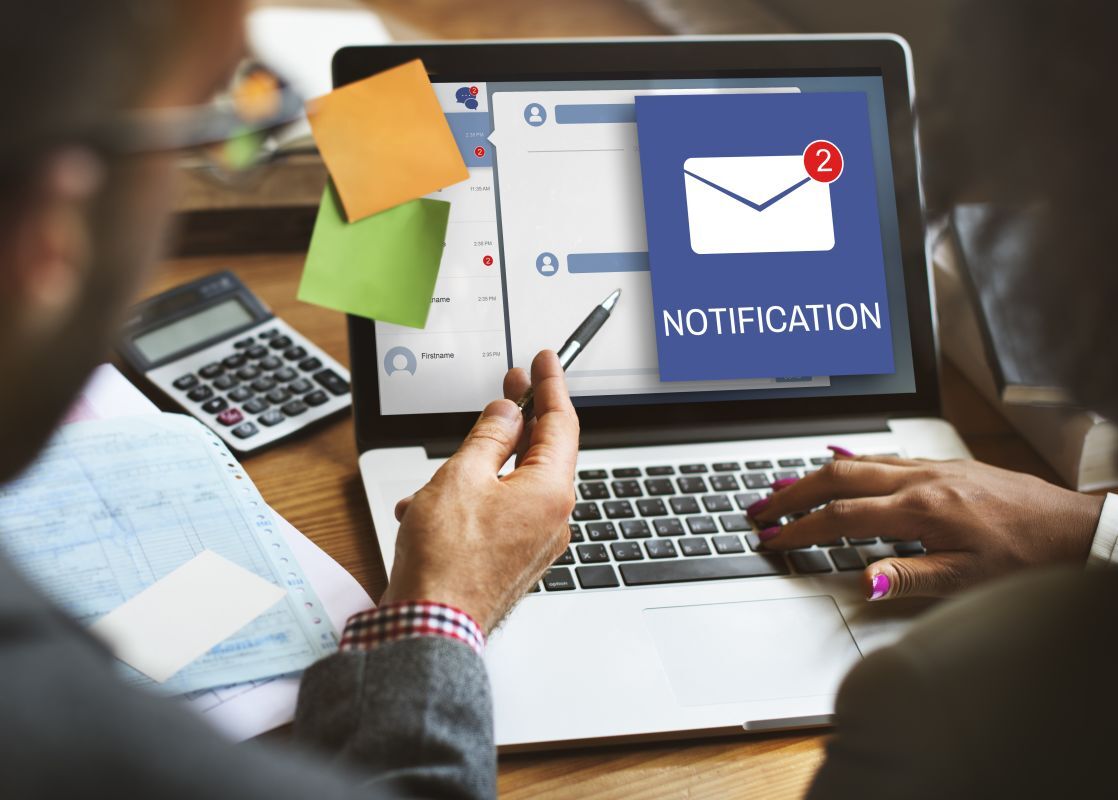
Useful Expressions
- I am writing to...
- I would like to inform you...
- With reference to our meeting yesterday, ...
- Should you have any questions or concerns, please feel free to contact us.
- Please do not hesitate to contact us if you require any further information.
- I look forward to hearing from you.
To: josh.clinton@futureinnovations.com
Subject: A Business Opportunity
Dear Mr. Clinton,
I am Mike Johnson from "Simply Unique." I am writing to express my interest in working with you on an innovative project I believe you might be interested in.
My partner James Workton and I are currently working on opening an innovative, robotic coffee shop, which would be fully operated by machines. We already have a designer, a machine engineer, a coffee specialist and an accountant in our team. We only lack a good marketing specialist. As both my partner and I are familiar with your skills and experience, we believe that you would be the perfect fit for this job.
If you are interested in hearing more about the project, please feel free to reach out to me directly. We can arrange a meeting to discuss the matter in greater depth.
I look forward to hearing from you.
Yours sincerely,
Mike Johnson
Check your understanding:
1.
What is the purpose of this email?
2.
Why are Mike Johnson and his partner interested in working with Mr. Clinton?
3.
How should Mr. Clinton contact Mike Johnson and his partner?
Study Manual
Read the following tips.
How to Write a Business Email
Standard structure. In order to sound formal and professional when sending business emails, you need to follow the standard structure:
Greeting: If you know the name of the recipient, start your letter with “Dear Mr./Mrs. + surname”. If you don’t know the name of the recipient, start with “Dear Sir/Madam”.
The purpose of the email: If you are writing to someone for the first time, you should introduce yourself briefly (state your name, position and the name of the company you work for). Then, write one or two sentences to explain your reason for writing.
Further detail: Provide the necessary background information or supporting detail in a few sentences. Be clear and concise.
Closing: Include a closing remark saying what you expect the recipient to do.
Signature: You can use one of the following phrases: "Kind/Best Regards", “Yours sincerely”, or “Yours faithfully”. Sign off with your full name and don't forget to include your contact information.
Formal language. Make sure to use appropriate language. Avoid using slang, informal language, and abbreviations. Don't forget to proofread your email before sending it.
Use an appropriate email address. Never use your personal email for business, especially if it is something like sunshine84@yahoo.com. Your business email must consist of a variation of your name and surname.
Discussion
1.
Which is easier to write, an email or a letter? Why?
2.
Are emails an effective way to communicate in business? Why? Why not?
3.
Do you immediately reply to emails sent to you? Why? Why not?
4.
Do you check your work email after hours? Do you think this is a good practice? Why? Why not?
